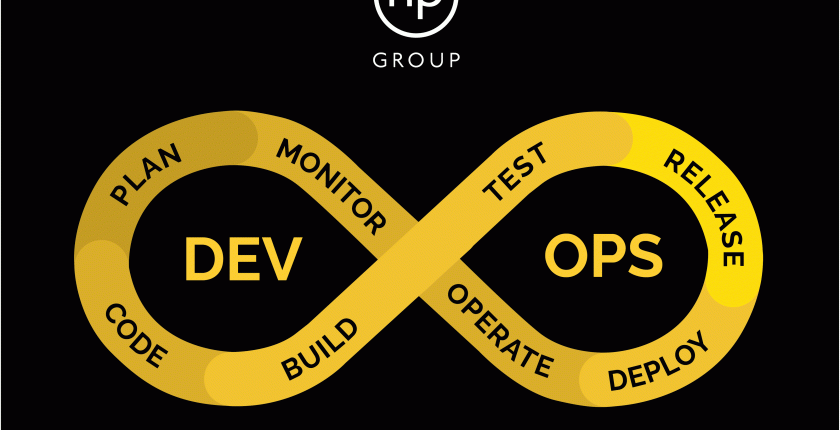How DevOps teams help Deliver Better Software, Faster
In today’s technology-driven world, speed, agility and reduced time-to-market are becoming increasingly important. As more business moves online, existing business models and industries are disrupted, and new ones are enabled. Every business is becoming a technology business, with industries such as, media, finance & telecommunications all being reshaped by software. DevOps is a key tool to compete against this backdrop – giving us the tools to go faster while retaining a rigorous, professionalised approach to IT.
What Is DevOps?
DevOps is set of best practices that enable substantially faster, more efficient and more agile delivery of high-quality software.
How Is DevOps Different?
It involves getting key technology stakeholders working together more effectively and combining this with best-in-class release and infrastructure automation in order to speed up delivery and focus everyone on the real business goals of software.
Why Is DevOps So Important?
When DevOps is adopted successfully, the organization is empowered to deliver software better – giving them an enhanced ability to beat the competition, get to market faster and innovate much more effectively.
“DevOps is about improving this situation – breaking down the silos and bringing the two teams together, getting them to collaborate more effectively and adopt best practices from one another.”
DevOps Transformation = Technology + People + Process
Adopting DevOps is a broad proposition, requiring investment in technology, tooling and automation, but also people and process change. It’s only when these come together that the transformational benefits of DevOps can be fully realised.
Technology
Automation is central to DevOps. This includes the automation to build, test, release and
deploy software, but also to manage servers, environments and infrastructure
through source code and APIs. Automation of processes brings speed,
repeatability and enhanced quality while still allowing for control and
governance. This is particularly relevant in a virtualised or cloud world where
good use of automation can increase agility and add rigour to platforms.
People
On the people side, DevOps is about building an organisation and a culture that is collaborative and delivery focused, one that is outcome rather than process driven and one that places more emphasis on personal responsibility by individual engineers instead of heavyweight and restrictive processes. In a larger-scale enterprise setting, job roles, functional models and operational models can also be modified to support DevOps. For instance, where before development and operations engineers traditionally had different reporting lines, bringing these two organisations under common leadership can create shared incentives and a consistent message from leadership. Of course, it isn’t necessary to do all of this on day one. DevOps is a journey and there are steps we can take today.
Process
Traditionally, businesses have put up a lot of process and barriers around enterprise IT. There has been a bias towards stability and risk reduction, which in many cases has led to stagnation and slow pace of delivery.
DevOps reprioritises speed and fast iteration and adjusts processes towards these without compromising quality.
Where before releases were big affairs with lots of planning, preparation, regression testing and sign-offs, we need to move towards a world where releases become lightweight and boring – consisting of lots more deliveries of smaller batches of change.
In this world, some of the overhead simply must be removed using automated testing, better release automation software and a fast-track release sign-off process. In order to deliver faster and with more responsiveness, technology organisations have to become much more agile.
While agile software development is increasingly becoming the norm, operations teams increasingly need to work in the same iterative and incremental style.
Conclusion
Organisations need to look at changing working practices so that developers are given more ownership and responsibility of production systems, and operations engineers follow development-like processes such as source controlling and testing configuration in staging environments. Likewise, developers need to adopt best practices from IT operations, giving them an appreciation for how to build software that is operable, maintainable and robust within its production environment.
Need to Accelerate Your Digital Transformation & hire the best DevOps talent? Whether you are looking for permanent or contract DevOps specialists, we can help.
Contact Andrew to learn more about how NP Group can help you find the best Technology talent in the market:
e: andrew.kyriakou@groupnp.com
t: +44 7748 163 358
w: groupnp.com/service-lines/technology-recruitment/

